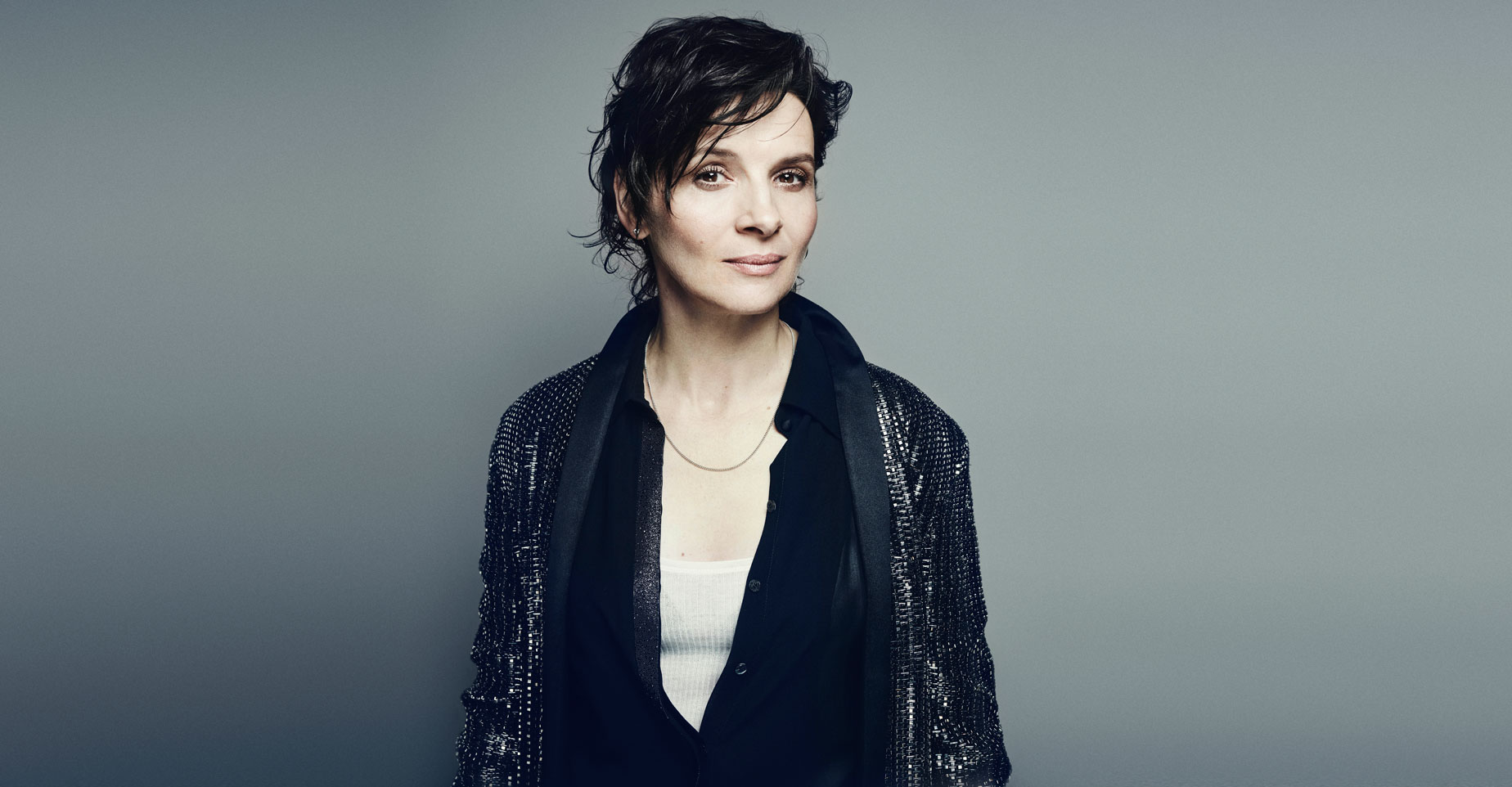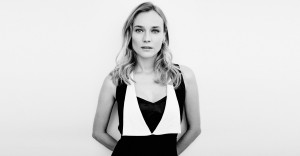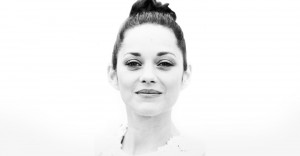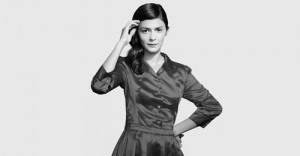Ms. Binoche, what has changed the most in your life in the last 20 years?
What changed? I have a daughter. (Laughs) I hope a little more consciousness. I hope a little more knowledge. It is very hard for me to answer that question, I don’t know why. I know that there are some books that changed my consciousness, you know? Relationships, I don’t think I made a lot of progress in that. I had a relationship for 15 years – we stopped, we came back, we stopped, we came back – and somehow, because of that time of separation and getting back together, it helps you to be less possessive, and love in a different way. So maybe on that I made a tiny bit of progress. Life went by and I learned things, but changes? I think we’re always the same inside.
You don’t think it’s possible to change fundamentally?
Choices and actions are making us who we are and really confirming who we are. And I feel that I’ve mostly said yes to the things that were important to my life. But as an experienced woman you do have more stories to tell. There are different layers inside you that you can explore. There’s a freedom that is coming with age because your values are changing. You cannot hold on to the same things as before. There’s sort of a freedom and you’re more yourself. On the one hand you’re becoming more fragile and on the other hand there’s a strength that comes with it.
What do you mean more fragile?
Well, physically you’re changing so it makes you more fragile. Simple as that. There’s something else that’s coming. You let go of some things and you have to face other things. You have to overcome certain things; the need of power, the need of possession, the need of enjoyment – which are really the big three things that the human being has to face at a certain point. It’s challenging, it’s very challenging, but I think when you really make a decision to overcome it there’s a freedom that comes with it and it’s quite enjoyable. When you accept it, it’s like “Woooo-ahhhh! Freedom! Finally!” But you have nothing to hold on to. We all need to be reassured, don’t we? (Laughs)
When you are acting, do you need a lot of freedom?
On a film I did recently, I remember the first shot I put my hand on the knob of the door. I was trying something new and I didn’t know what I was going to do. I wanted to explore a little bit, try different things. And immediately when I put my hand on the knob, the director said, “No, you don’t put your hand on the knob,” and I was taken aback because even a director like Abbas Kiarostami doesn’t tell me that! So I said to him, “You’re going to lose a lot of possible miracles and possible gifts that I’m not aware of, that I’m exploring. So please, let it breathe. I’m asking you to give me three free takes. You don’t say anything for the first three takes. Then after that we can do 20, 40, 60 – as many as you want.” And that’s what we did. And we got along very well because of that. But it was the director’s first film, so he didn’t know.
I imagine that it’s difficult for some directors to let go of that control. They have to depend on what you offer them.
But it’s teamwork. It’s a co-creation. Thinking that a film is only the director’s point of view is wrong, to my eye. He has to make decisions at the end, but in the creation and the making of it, it’s definitely a co-creation. The co-dependence is big. I can ruin the point of view of a director if I want to because I’m the actor, I have a contract and if I don’t want to act like this, it’s my choice.
Sounds like a threat.
Well that’s why you have to be more intelligent, and trust. He has to trust me; I have to trust him. It’s much more interesting to work with trust than to work with, “I’m going to have control. I’m going to have the last word.” An actor can really use his power in the moment of acting, but the director can really use his power in the moment of editing. Unless in your contract you say, like, some big American stars, we won’t name them, but they have control of the film.
Actors that have more control than the director?
Yes, Emmanuelle Béart told me about working with Tom Cruise. She wanted to have some compassion for her role at the end of Mission: Impossible. And Tom went to the director and said, “She can’t play like this!” He wanted to control that. He was making sure his character was looking better and this woman was looking like a bitch! (Laughs)
You mentioned Abbas Kiarostami earlier and you have worked with many other celebrated auteurs over the course of your career, like Godard, Cronenberg, Kieslowski, Minghella, and Haneke. Which director is the most controlling?
Haneke is the most controlling. But he also respects actors a lot. He knows how difficult it is. But there’s a moment he likes to be very precise about things, which is nice. I mean, he’s not against improv or something, but it’s very hard when you know that this guy is so controlling to let yourself go as an actor. To trust that, “Okay, I’m going to trust going and not knowing.” So you have to work within yourself and say, “Hey Ju, just trust that.” And even if he’s angry that’s all right, you know? (Laughs) But you have to tell yourself that! Because otherwise you try to be too good. And in acting, if you try to please the director too much, to be perfect, you don’t always have the truth of the moment. It’s like living your life freely or controlling yourself all the time – you really see a difference.
Have you been able to live your life freely?
I’ve always found I chose quite freely what I wanted to do, yeah. At the beginning, less, of course because I needed to make a living, but life has been very helpful, you know? And you have to trust that things are coming at the right time. It’s very unnerving sometimes thinking, “Okay, I don’t know what’s going to happen next year,” especially when you have children, especially when you have bills to pay. You wonder how it’s going to be possible. And it happens that life is coming with surprises. Surprises as well as challenging yourself as well as finding solutions. So if you trust that, your commitment into life is different. You don’t feel as alone, in a way.
Return to Top

Short Profile
Name: Juliette BinocheDOB: 9 March 1964
Place of birth: Paris, Île-de-France
Occupation: Actress





















Dear Sir/Madam, I was just wondering why can’t we have the whole audio interview and only just a sample? I really enjoy listening to the interview especially when I’m in the middle of sth else instead of reading them. Yours sincerely, Elen
Beautiful interview from a beautiful actress. It’s wonderful when the interviewee is so sensitive, honest and offers such depth…a slight window through your being… Thank you Mrs Binoche for being you.
Thank you for leading this interview.
Generally speaking, it’s really a pleasure to read interviews which show a true interest in different personalities. The dialogue is led so people express sincere ideas and opinions. It makes a difference.
Choosing Juliette Binoche is a nice move. Smart reflections on life, acceptance, moving forward. Only sorry it didn’t last longer. Nice !